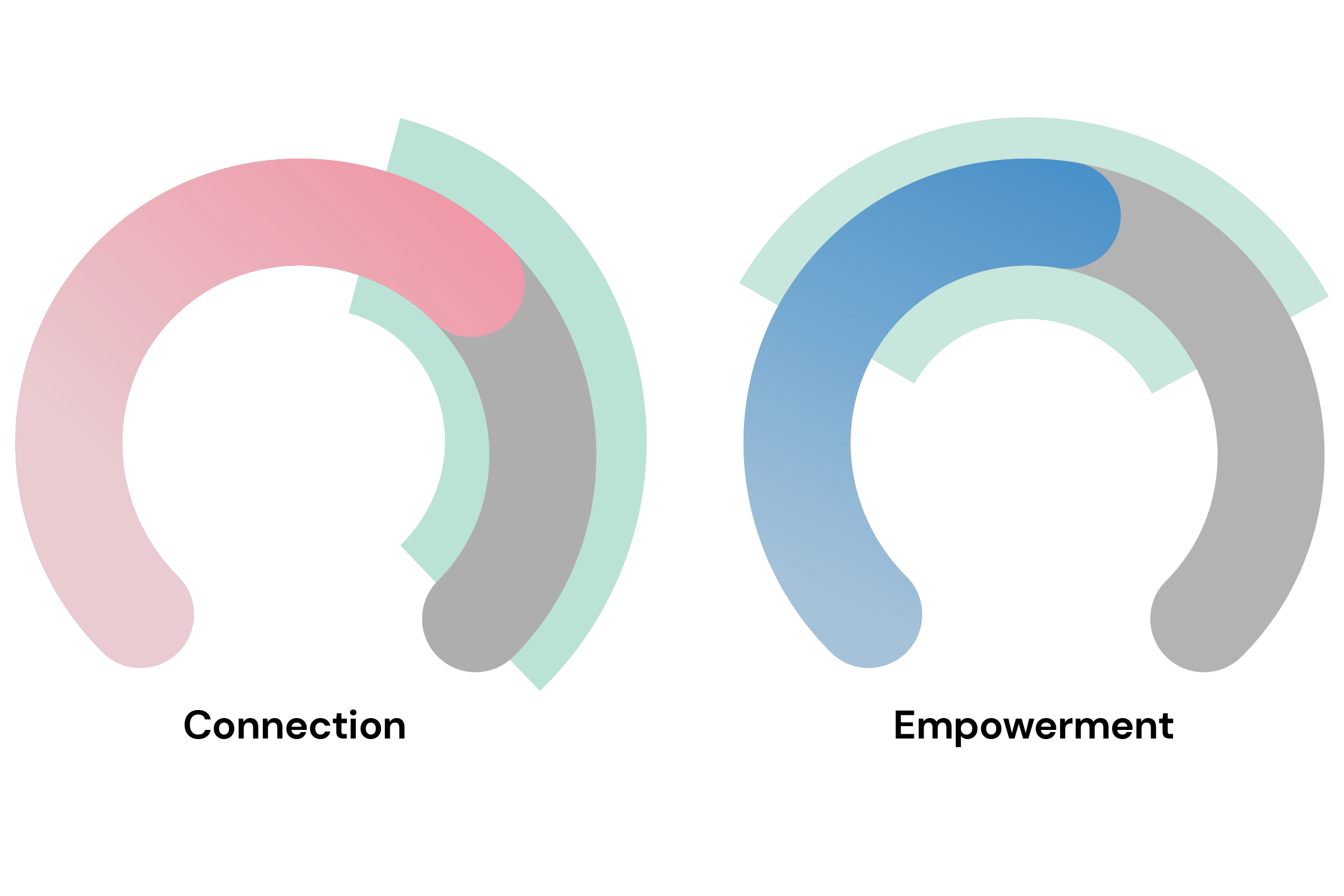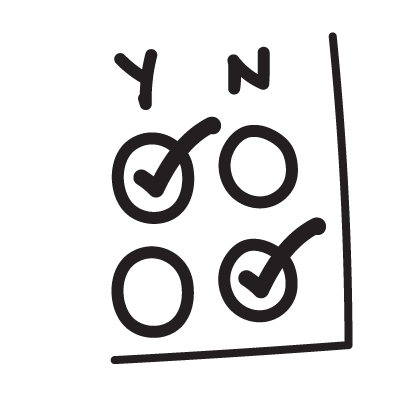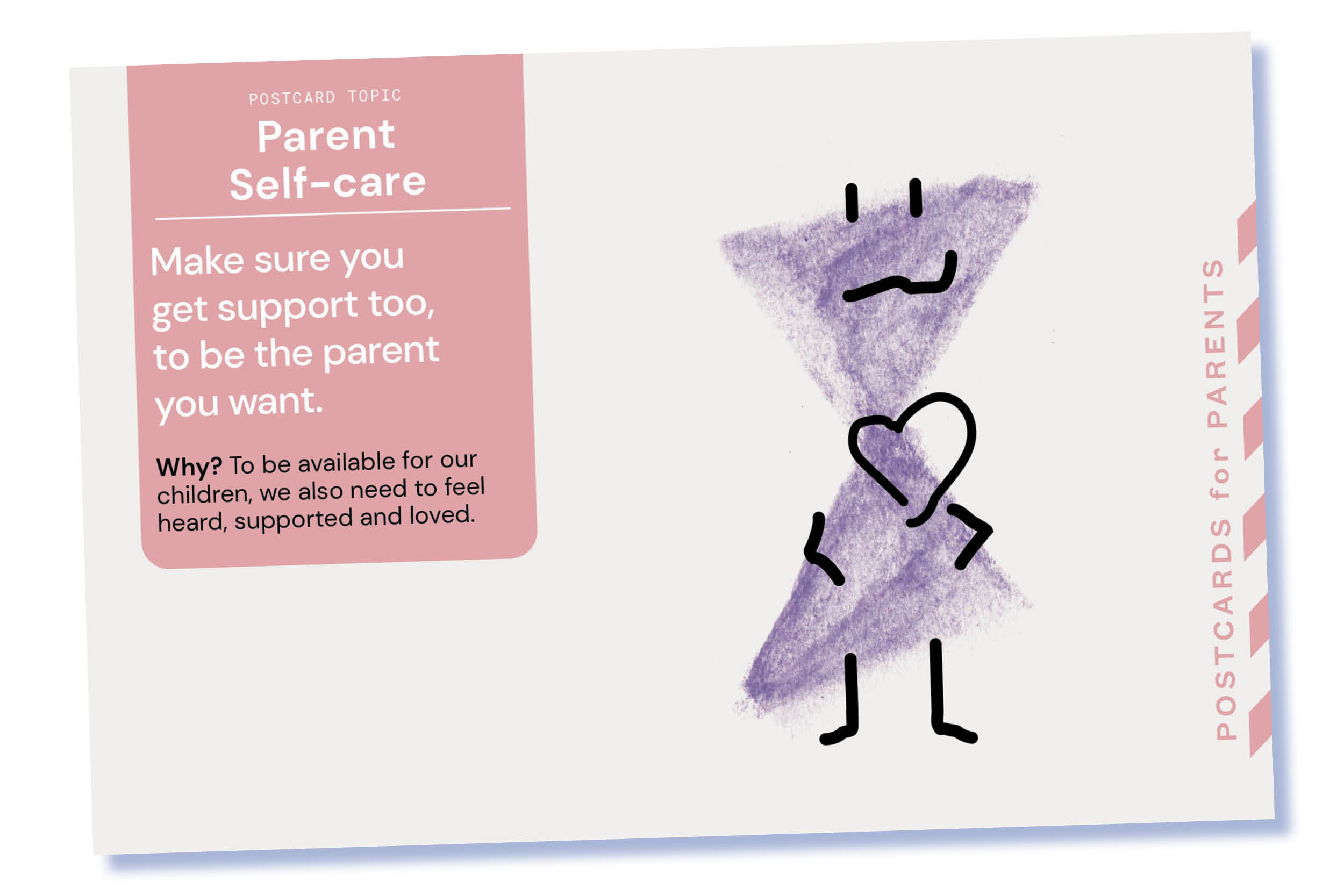Watch this quick explanation of the discoveries of parenting science.
Every year, serious psychological distress among young adults has been rising. 70% of teens say that "anxiety and depression is a major problem" among their peers.
But, the most effective protection for kids is a connected relationship with a parent or caregiver. The Postcards show you how to create this kind of relationship. Help your child build:
Emotional intelligence
Social skills
Resilience
Executive functioning
Positive mindset
Every family is unique, and we tailor your Postcards for you. Take this survey to find out your own Parenting Persona, and where you land on the two key dimensions of Connection and Empowerment.

1.
Start with your personal Welcome Kit
Take a brief survey to tell us about your family and your parenting values. Receive your personal Welcome Kit, with insights in the areas of Connection, Empowerment, and Parent Self-care.

3.
Ask questions during Office Hours
Submit your questions, and tune in to live-streamed Office Hours with one of our clinical experts to discuss each week’s topic. You can watch the recorded sessions at any time.

2.
Get the right info, right on time
We curate all the current research for your family, and send you a digital Postcard each week. Each brief Postcard covers a timely family issue, and how to build Connection and Empowerment.

4.
Grow over time
The Postcards follow your child's growth, sharing best practices for helping your child thrive at each age and stage. Before you know it, you'll be a parenting black belt!

Peace of mind
Synthesizes the science
5 min. per week
Left & right brain
Grows with your child
Tipping-point skills
Our program is designed by psychologists, based on thousands of peer reviewed studies in the fields of Positive Psychology, Cognitive Behavioral Psychology, Attachment Theory, Child-centered Play Therapy, and brain science. It is reviewed by our advisory network of pediatricians, parent coaches, family doctors, and clinical psychologists.







